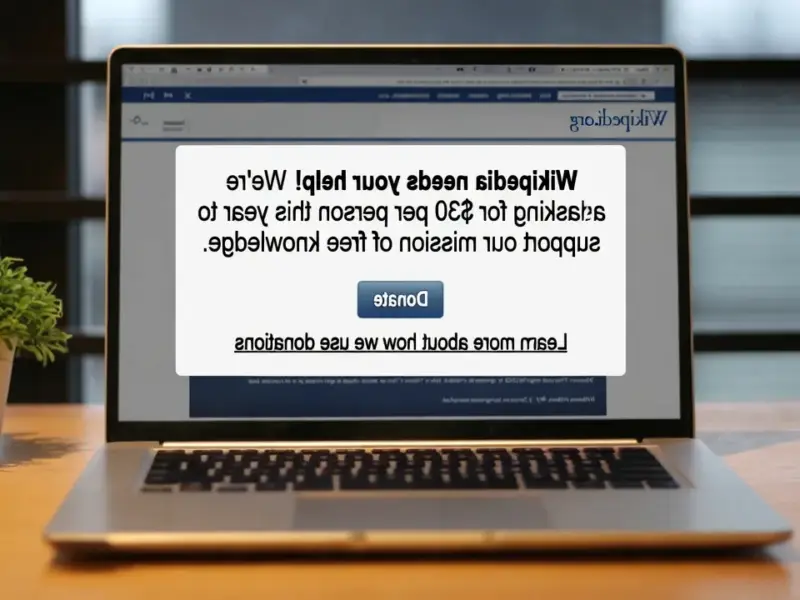According to TechCrunch, Meta announced on Monday that Facebook Groups administrators can now convert previously private groups to public without exposing members’ past content or member lists. When admins change a group’s privacy status from settings, all other admins receive notification and have a three-day window to review and potentially cancel the conversion. After the switch, all historical posts, comments, and reactions remain visible only to pre-conversion members, admins, and moderators, while new content becomes publicly accessible. Members receive notifications about the change and additional reminders when they first post in the newly public group, and admins retain the ability to revert groups back to private if needed.
The Illusion of Privacy Protection
While Meta’s announcement emphasizes protecting “past content,” this creates a dangerous false sense of security for group members. The fundamental nature of a private group involves members sharing personal stories, health information, political views, or professional concerns under the assumption of confidentiality. Even if historical posts remain technically hidden, the context collapse that occurs when a group goes public fundamentally changes the social contract. Members who joined for intimate discussions now find themselves in what’s essentially a different community, yet their continued participation suggests ongoing consent. This creates what privacy experts call “consent drift” – where initial permissions given in one context become stretched beyond their original meaning.
The Search Engine Optimization Play
The unstated but obvious driver behind this change is Meta’s ongoing battle for search relevance against Google. By making group content publicly indexable, Facebook essentially creates millions of new pages for search engines to crawl, dramatically increasing Facebook’s footprint across search results. According to the company’s announcement, this could help “Facebook’s content be more easily indexed by search engines like Google,” but this represents a fundamental shift in how Facebook content enters the public web. Previously walled-garden discussions about sensitive topics like medical conditions, financial struggles, or relationship issues could now surface in Google searches, creating potential embarrassment or harm even if the specific historical posts remain technically private.
The Administrative Burden and Power Imbalance
The three-day review window for co-admins sounds reasonable in theory, but in practice creates significant operational challenges. Many Facebook Groups have multiple admins who may not be equally active or responsive. A single motivated admin could essentially force through a conversion that other administrators might oppose but miss due to notification overload or temporary absence from the platform. The power dynamic here favors expansion-minded admins over privacy-conscious ones, and the notification system relies entirely on Facebook’s often-overwhelming notification stream. This creates a situation where major privacy decisions affecting thousands of members could be made without meaningful consensus among the administrative team.
The Question of Member Consent
Perhaps the most troubling aspect is the lack of meaningful member consent in this process. While members receive notifications, there’s no opt-out mechanism or voting process. Members who joined a private support group for depression, a confidential professional network, or a sensitive political discussion group could wake up to find their community suddenly public-facing. The reminder when posting for the first time comes too late – the damage to community trust has already occurred. This approach treats member privacy as a secondary concern to growth and discoverability, fundamentally altering the social fabric of these communities without genuine member buy-in.
Historical Precedents and Platform Risks
We’ve seen similar privacy boundary shifts before in social media history, and the results have often been problematic. Facebook’s own track record includes multiple instances where privacy settings were changed retroactively, leading to user backlash and regulatory scrutiny. The fundamental issue remains: when platforms redefine privacy boundaries, they’re essentially rewriting the social contracts that users believed were in place. This particular change could have serious consequences for support groups, activist networks, and professional communities that rely on confidentiality. The ability to revert to private status offers some protection, but the genie can’t be fully put back in the bottle once a community’s fundamental nature has changed.
Broader Platform Strategy Implications
This move represents Meta’s continued evolution toward making Facebook content more publicly accessible and search-engine friendly, essentially turning the platform into a hybrid of social network and content repository. The strategic benefit for Meta is clear: more publicly accessible content means more advertising opportunities, better search visibility, and increased platform engagement. However, it continues the trend of eroding the line between truly private social spaces and public content platforms. For users who joined Facebook Groups specifically for their private nature, this represents yet another instance where platform business objectives potentially override user privacy expectations and community integrity.




